The literature review forms the core foundation of PhD research because it develops both essential understanding and historical context that helps researchers identify knowledge gaps while constructing their theoretical blueprint and showing their mastery of academic concepts for their original contribution.
How to write a literature review?
The process of creating a literature review demands answers to specific questions.
Producing an outstanding literature review which maintains comprehensive scope and intellectual depth normally takes up both lengthy effort and overwhelming challenges. Multiple sub-steps altogether make up this process including research paper discovery methods followed by selecting and analysing relevant literature until understanding and summarizing main themes. The writing process of a compelling literature review requires completion of all included steps.
How to get started?
The search for appropriate content to study turns out to be a time-consuming process that proves more difficult than casual expectations. The majority of researchers lack proper direction to locate their reading materials. Researchers in 2019 spent their time finding research papers for more than four weekly hours before devoting slightly longer than five hours to read them but most content proved ineffective.
The platform Discovery today serves as an all-in-one research platform which stores more than 100 million journal articles and preprints for researchers to access important literature review materials. The Discovery platform obtains research content through partnerships with global content aggregators including CrossRef, Unpaywall, PubMed, Pubmed Central and IOP and Taylor & Francis, Springer Nature, New England Journal of Medicine, Karger, Journal of American Medical Association, British Medical Journal, SAGE and Underline Science and many others.
New researchers struggle with identification of appropriate research papers among online research materials. The lack of research area background prevents them from selecting proper keywords and determining ideal search terms to locate appropriate papers.
AI-powered reading recommendations generated from user-selected domains and keywords let researchers shift their research direction through specific steps.
The system allows users to search new research papers through both seeding milestone papers along with extracting topic suggestions from those documents. R Discovery lets users locate additional relevant papers through checking publications within the same journal where their selected shortlisted articles or preprints appeared.
The literature review stands as an essential element of PhD research due to its ability to create study foundations through background presentation and research gap determination and work value justification.
Here’s why it is crucial:
1. Establishes Context & Background
The examination of knowledge development helps you comprehend how your chosen field has progressed. Provides theoretical and conceptual frameworks.
2. Identifies Research Gaps
The review demonstrates past achievements alongside the empty spaces in this area of study. The research problem helps you develop a more refined research question.
3. Avoids Duplication & Reinvents Knowledge
Your research will remain original with new insights by following this approach. Research success and failures in the past reduce the time needed for studying existing knowledge.
4. Strengthens Research Justification
Your study requires justification regarding its essential role and significance. Hypotheses and research objectives find their foundation through this information.
5. Supports Methodology Selection
The correct research methods together with suitable techniques emerge from this step. Previous scholars' techniques become more comparable through the information this source provides.
6. Scholarly Writing together with Critical Thinking receives improvement from its implementation.
The review process teaches you to combine various types of information for analysis. The critical review of existing research helps you develop proper engagement.
7. The analysis presents methodology for directing your academic research.
Defining your arguments through a structured theoretical framework becomes possible with its help. Serves as a reference throughout your research journey. Researchers need to understand fundamental aspects about why a literature review holds essential value during PhD studies.
Identifies research gaps:
The review process helps researchers find research gaps which allow them to create questions that solve important problems that still need further investigation.
Provides theoretical grounding
A thorough literature review enables you to discover important theoretical foundations and important concepts needed for your research to establish its academic basis.
Demonstrates expertise in the field
A literature review that demonstrates excellence reveals your deep familiarity with contemporary research findings together with crucial scholarly discussions and main investigators within the field.
Prevents duplication of research
A comprehensive study of existing research allows researchers to avoid duplicate investigations, which enables them to introduce original findings.
Informs research design and methodology
By reviewing existing literature, you can choose suitable research approaches and data collection methods which previous similar studies have proved effective.
Provides context for interpreting results
Your comprehension of previous research helps you properly understand your results while positioning them in the wider academic field.
Conclusion
The literature review constitutes an essential component of PhD research because it enables researchers to build concept transparency and investigate historical development alongside gap definition and theory design and academic idea mastery completion. Multiple sequential operations constitute the review process where scientists locate research papers through discovery along with selection and analysis of relevant material and theme comprehension and content consumption. Through its Discovery platform the platform holds 100 million journal articles and preprints that researchers can access by using global content aggregators. Automated reading recommendation systems help researchers both change their study focus and identify suitable academic papers. The literature review provides historical context together with background information while showing gaps in research and preventing replication of existing knowledge. It further establishes solid reasons for research and picks suitable methodology and improves scholarly work through writing quality and analytical skills. A better research question becomes achievable through the use of proper research question development supported by literature review research. Researchers can use the platform to identify appropriate publications issued from the same journal that feature their chosen articles or preprints.

 PhD in Electrical Engineering: Research & Writing Support
PhD in Electrical Engineering: Research & Writing Support  Which are the Best PhD Assistance and Dissertation Writing Services in India?
Which are the Best PhD Assistance and Dissertation Writing Services in India?  How to Choose a PhD Research Domain: EEE, ECE, or CSE?
How to Choose a PhD Research Domain: EEE, ECE, or CSE? 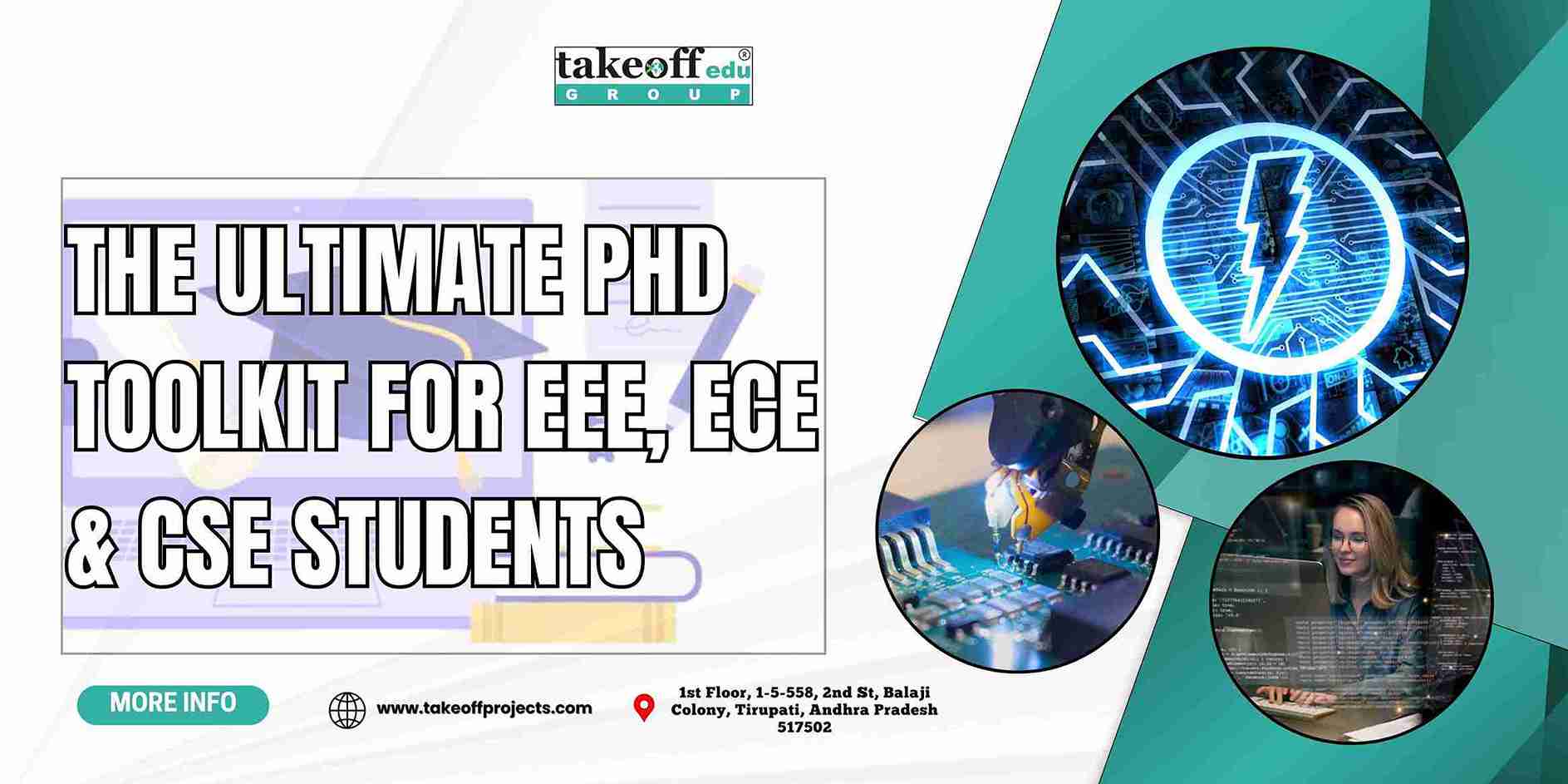 The Ultimate PhD Toolkit for EEE, ECE and CSE Students
The Ultimate PhD Toolkit for EEE, ECE and CSE Students  Publication Success in EEE, ECE, and CSE: Expert Tips for Engineering Scholars
Publication Success in EEE, ECE, and CSE: Expert Tips for Engineering Scholars  Your PhD Guide to Multi-Disciplinary Research in Engineering and Technology
Your PhD Guide to Multi-Disciplinary Research in Engineering and Technology  Top PhD Topics across EEE, ECE, and CSE: Bridging Innovation and Impact
Top PhD Topics across EEE, ECE, and CSE: Bridging Innovation and Impact  Top Embedded Systems Projects for Engineering Students
Top Embedded Systems Projects for Engineering Students  Crafting the Future of Tech: PhD Research Trends in Software Engineering
Crafting the Future of Tech: PhD Research Trends in Software Engineering  From Algorithms to Applications: Comprehensive PhD Support for CSE Students
From Algorithms to Applications: Comprehensive PhD Support for CSE Students  Cybersecurity and Blockchain: Pioneering Research Areas for PhD Scholars
Cybersecurity and Blockchain: Pioneering Research Areas for PhD Scholars  The Art of Writing High-Impact Research Papers in CSE Domains
The Art of Writing High-Impact Research Papers in CSE Domains  AI, ML, and Big Data: Emerging PhD Topics in CSE to Watch
AI, ML, and Big Data: Emerging PhD Topics in CSE to Watch  Top Research Trends in Electrical Drives for Aspiring PhD Scholars
Top Research Trends in Electrical Drives for Aspiring PhD Scholars  Transforming Ideas into Impact: Dissertation Help for EEE Scholars
Transforming Ideas into Impact: Dissertation Help for EEE Scholars  Navigate Your PhD with Confidence: Comprehensive Assistance Every Step of the Way
Navigate Your PhD with Confidence: Comprehensive Assistance Every Step of the Way  ECE Dissertation Success: Expert Tips for Writing and Publishing your Academic Success
ECE Dissertation Success: Expert Tips for Writing and Publishing your Academic Success 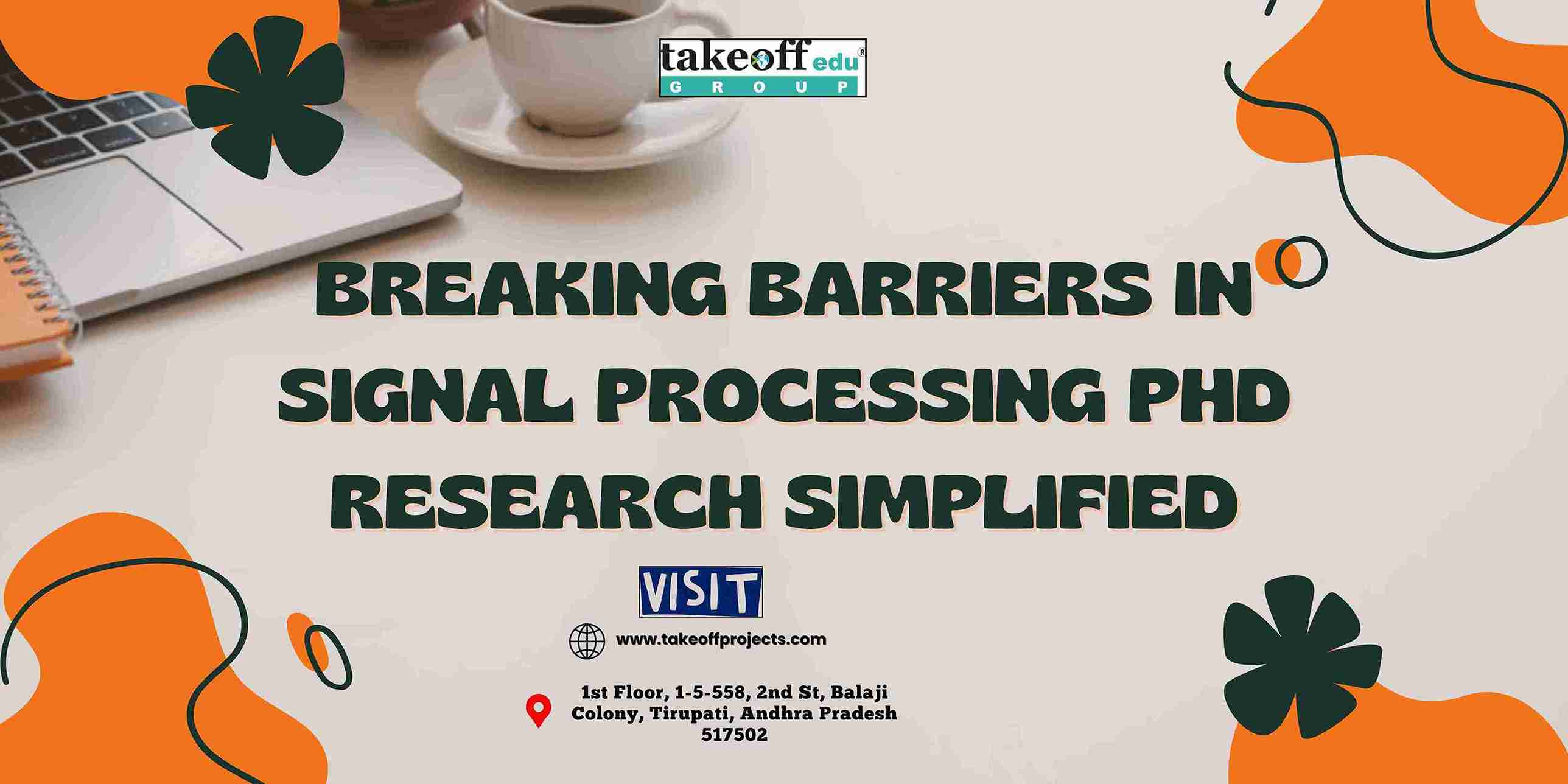 Breaking Barriers in Signal Processing: PhD Research Simplified
Breaking Barriers in Signal Processing: PhD Research Simplified  Building the Next-Gen Tech: A Guide to ECE Research and Publication
Building the Next-Gen Tech: A Guide to ECE Research and Publication  From Circuits to Control Systems: Navigating EEE Research with Expert Guidance
From Circuits to Control Systems: Navigating EEE Research with Expert Guidance  From Data to Discovery: Quantitative Analysis That Drives Results
From Data to Discovery: Quantitative Analysis That Drives Results  Future of IoT and Wireless Communication: Top PhD Opportunities in ECE
Future of IoT and Wireless Communication: Top PhD Opportunities in ECE  Top PhD Topics Energy Management in Power Electronics
Top PhD Topics Energy Management in Power Electronics  Exploring VLSI Design and Embedded Systems: Winning Research Topics for ECE Scholars
Exploring VLSI Design and Embedded Systems: Winning Research Topics for ECE Scholars  Expert-Approved Techniques for Crafting a Winning PhD Synopsis
Expert-Approved Techniques for Crafting a Winning PhD Synopsis  Writing with Purpose: How to Create Engaging Seminar Papers That Stand Out
Writing with Purpose: How to Create Engaging Seminar Papers That Stand Out  Unlocking Publication Success: Your Guide to High-Impact Journal Articles
Unlocking Publication Success: Your Guide to High-Impact Journal Articles  Mastering Energy Management: Top PhD Topics in Power Electronics
Mastering Energy Management: Top PhD Topics in Power Electronics  PhD Topic Selection Simplified: Choosing What Matters Most to You
PhD Topic Selection Simplified: Choosing What Matters Most to You 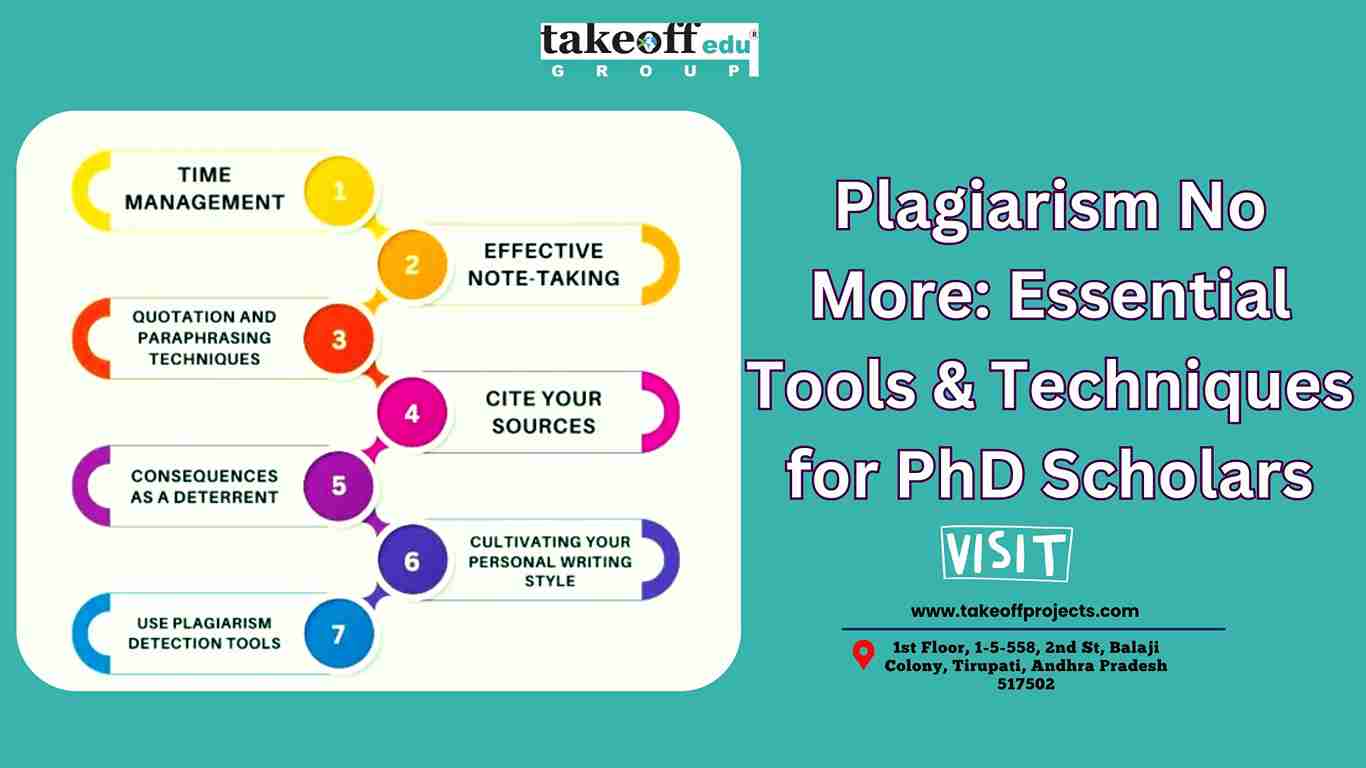 Plagiarism No More: Essential Tools and Techniques for PhD Scholars
Plagiarism No More: Essential Tools and Techniques for PhD Scholars 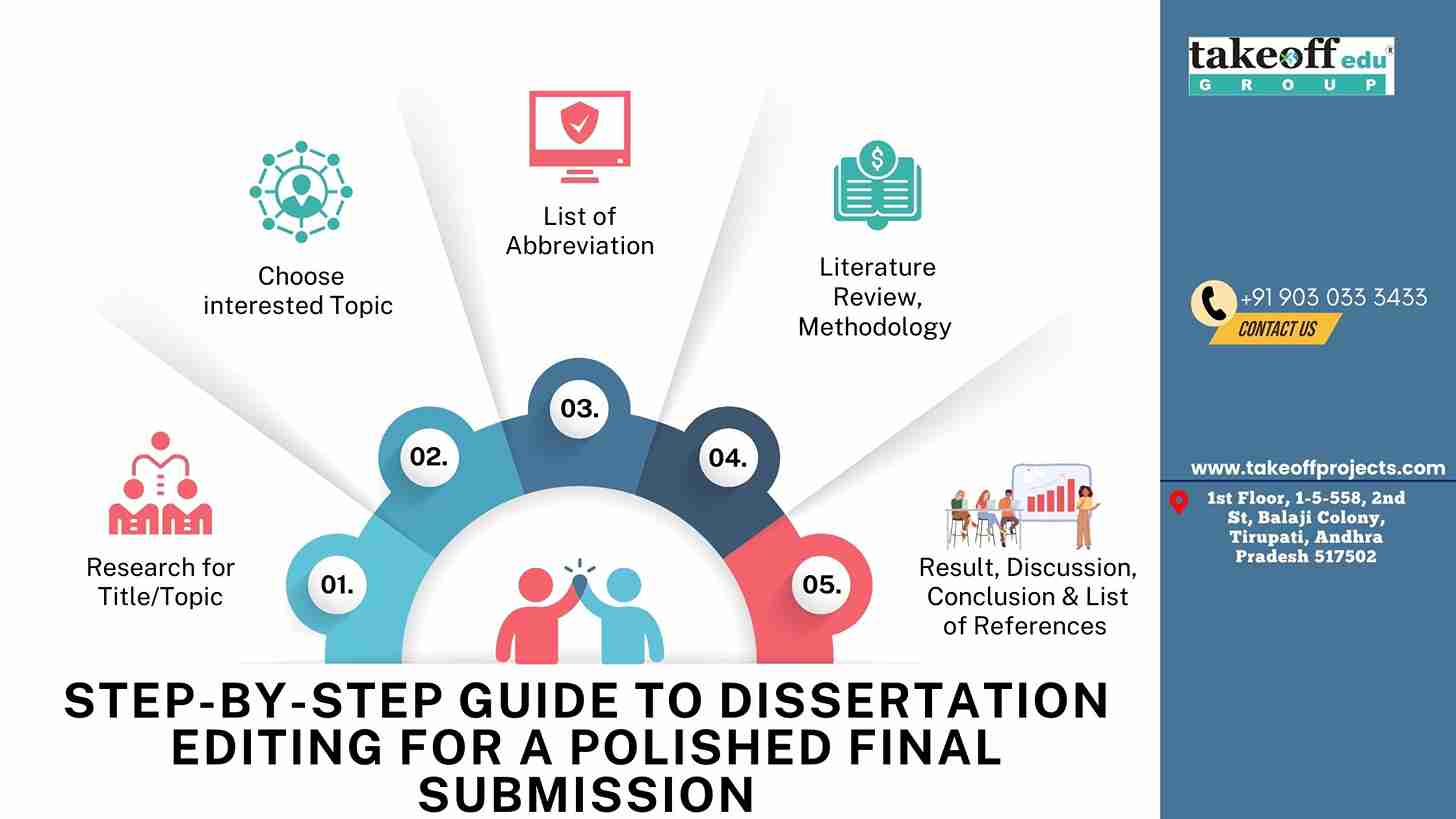 Step-by-Step Guide to Dissertation Editing for a Polished Final Submission
Step-by-Step Guide to Dissertation Editing for a Polished Final Submission  Accelerate Your Research: Software Implementation Made Easy for PhD Students
Accelerate Your Research: Software Implementation Made Easy for PhD Students  Stress-Free PhD Viva Voce Preparation: Expert Tips to Impress Examiners
Stress-Free PhD Viva Voce Preparation: Expert Tips to Impress Examiners  Transforming Data into Insights: Qualitative and Quantitative Analysis Explained
Transforming Data into Insights: Qualitative and Quantitative Analysis Explained  The Art of Problem Identification: Laying the Foundation for PhD Success
The Art of Problem Identification: Laying the Foundation for PhD Success  Say Goodbye to Plagiarism Worries: A Guide to Flawless Dissertation Writing
Say Goodbye to Plagiarism Worries: A Guide to Flawless Dissertation Writing  From Idea to Impact: Crafting High-Quality Conference and Seminar Papers
From Idea to Impact: Crafting High-Quality Conference and Seminar Papers  Crack the Code of Successful Publications: Comprehensive PhD Support
Crack the Code of Successful Publications: Comprehensive PhD Support  Top Strategies for Writing a Journal Ready Manuscript with Zero Plagiarism
Top Strategies for Writing a Journal Ready Manuscript with Zero Plagiarism  How to Nail Your PhD Research Proposal: Tips from the Pros
How to Nail Your PhD Research Proposal: Tips from the Pros  Understanding the Basics of Power Systems: A Comprehensive Guide
Understanding the Basics of Power Systems: A Comprehensive Guide  Turn Research Challenges into Opportunities: Expert PhD Consultation Services
Turn Research Challenges into Opportunities: Expert PhD Consultation Services 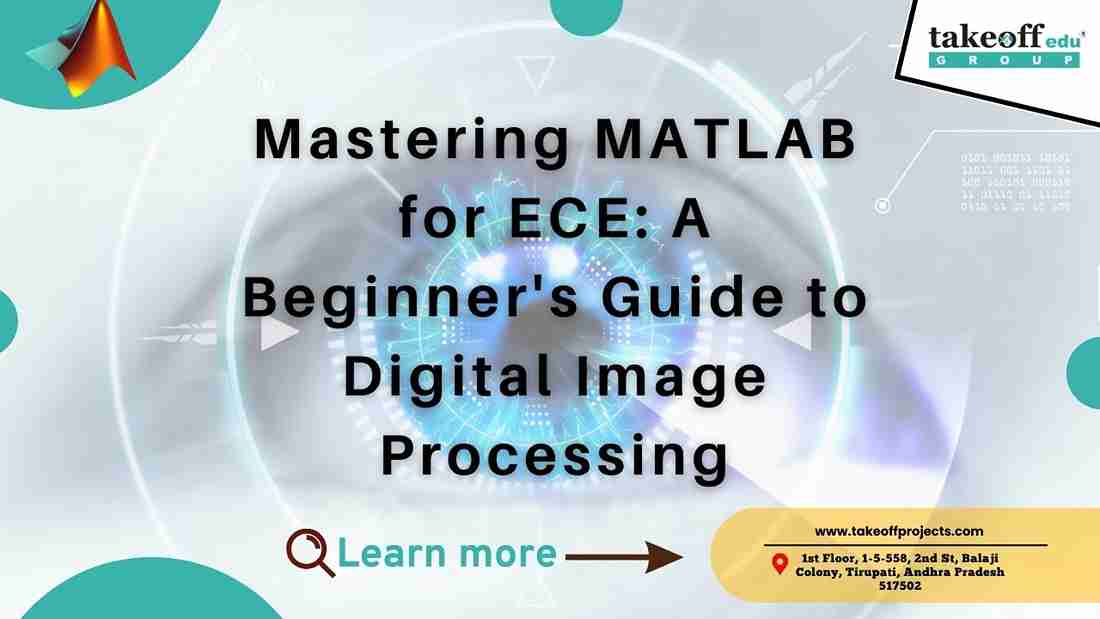 Mastering MATLAB for ECE: A Beginner's Guide to Digital Image Processing
Mastering MATLAB for ECE: A Beginner's Guide to Digital Image Processing  Mastering Your PhD Journey: From Topic Selection to Dissertation Success
Mastering Your PhD Journey: From Topic Selection to Dissertation Success  Assignment Writing Service
Assignment Writing Service  PhD Research Assistance
PhD Research Assistance  PhD Thesis Writing Services
PhD Thesis Writing Services  Masters Dissertation Writing
Masters Dissertation Writing 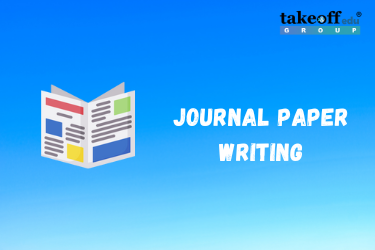 Journal Paper Writing
Journal Paper Writing 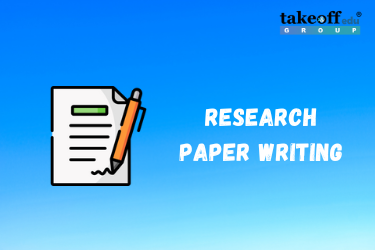 Research Paper Writing Services
Research Paper Writing Services 
 Paper Publishing
Paper Publishing


